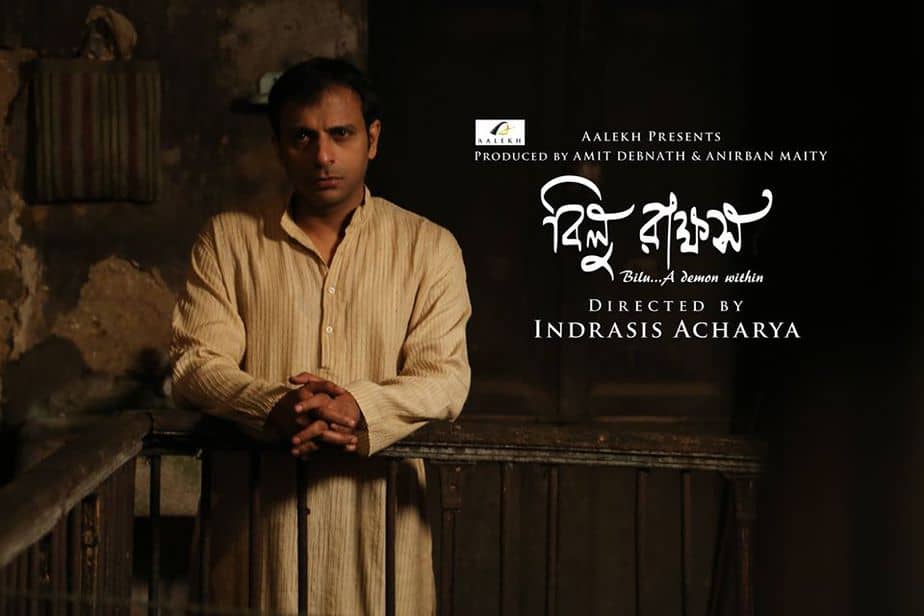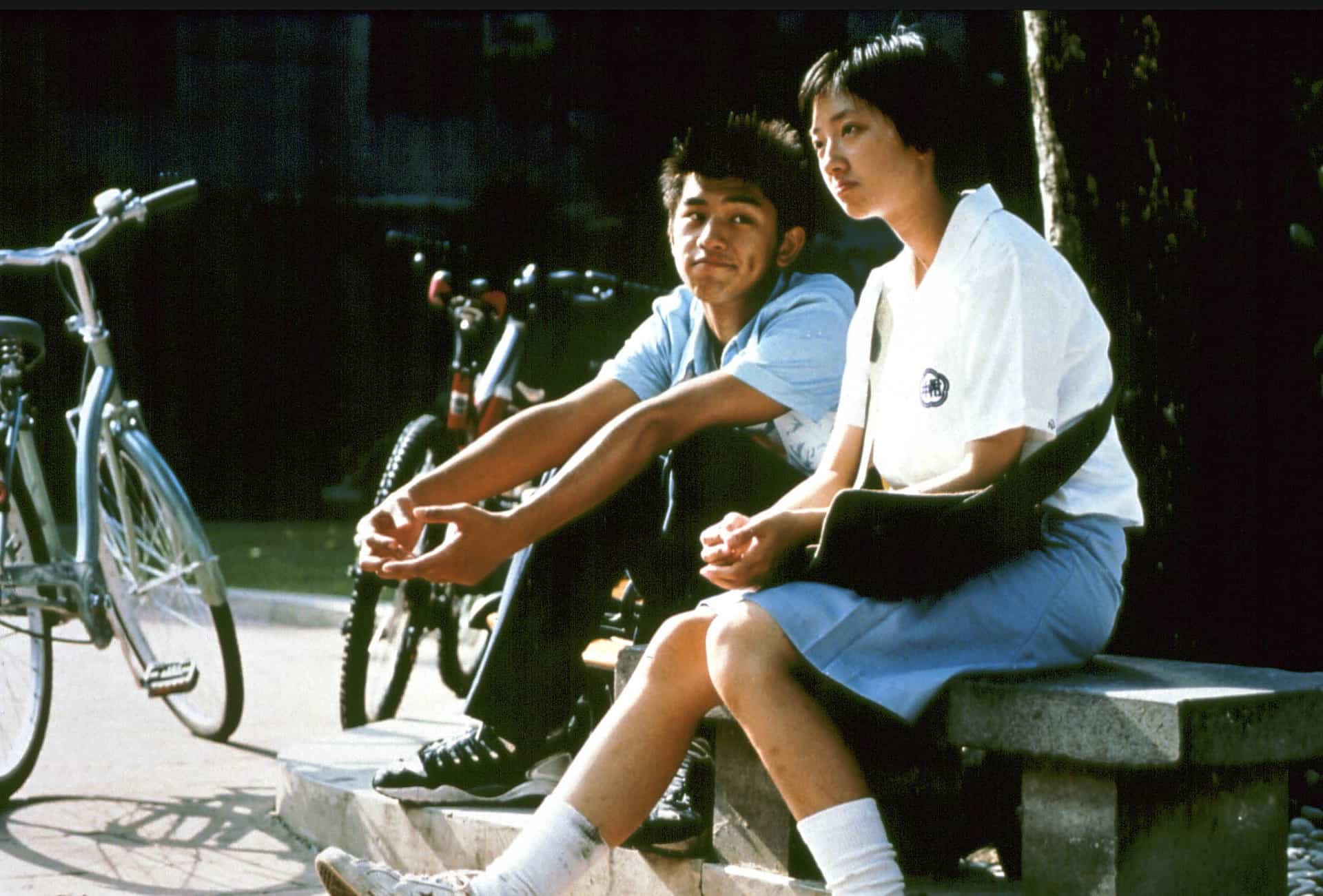Indrasis Acharya's debut in 2017 was met with much acclaim, both locally and internationally, receiving invitations for New York Indian Film Festival, among others, and being nominated for the Asia Pacific Screen Awards.
The film revolves around Bilu, a man who has ended up alone and reminisces about his past and all the choices that led him to this sad state. Through a number of different timelines, we watch an IT corporate employee who mostly wanted to work on his music but never found the time, something that eventually poisoned his relationships with all the people he loved. Most of all, his wife, Sohini, also a musician, who would not put up with him drinking with his friends all the time, dealing with his music, in essence ignoring her while she also had to deal with his mother, in a clash that eventually led to a tragedy. His angst to juggle everything eventually took a toll to Bilu's health also, while his wife abandoned him and he saw his dreams shuttering right in front him, just like the buildings in his neighborhood. In the last arc, the film also portrays his childhood age, as a prodigy singer, in another element that highlights what he could have been.

Indrasis Acharya writes and directs a very dramatic story of a man, with the way we watch his happiness and carefree nature turning to angst and despair being the most captivating aspect of the narrative. Bilu seems to mirror the modern man, whose most significant issue is time, which he has to juggle between job, family, friends, and passion, with the Bengali tradition, that also demand for a man to take care of his parents and even live in the same house, worsening this situation even more.
At the same time however, Bilu is not without responsibilities for his issues, since his lack of decisiveness regarding both himself and his family are as much the cause of his demise as his actual situation. Particularly his indecisiveness regarding the constant fights between his wife and his mother is the one that brings the most tragic effects, and in essence, his final demise. This characteristic of him is what makes Bilu unlikeable in essence, despite his talent in music and a generally kind soul. This element takes some toll to the narrative, since it is always difficult to be captivated by a movie regarding a man who is mostly unlikeable, but Acharya took care of that part through Sohini's character, whose beauty, kindness and general appeal makes for a rather likeable character, despite the fact that she also makes mistakes.

Joy Sengupta as Bilu and Koneenica Banerjee as Sohini are impressive in their parts, highlighting their chemistry both in the scenes they are in love but particularly the ones they fight, which are the most dramatic in the movie.
As in his later movies, Acharya highlights his command of the medium, with the production values being on a very high level, particularly through his cooperation with DOP Santany Dey, whose framing is one of the best assets of the film. The various timelines and their succession are presented in very understandable fashion, courtesy of Maloy Laha's editing. On the other hand, at 128 minutes, the film feels a bit too long, particularly since some scenes seem either prolonged or even unnecessary, despite the fact that some of them (as the ones that have Bilu singing) are quite beautiful.
“Bilu Rakkhosh” is a very sad film about a very sad man, but Acharya handles his main theme with an artistry that results in a movie that is quite captivating, at least for the most part.















